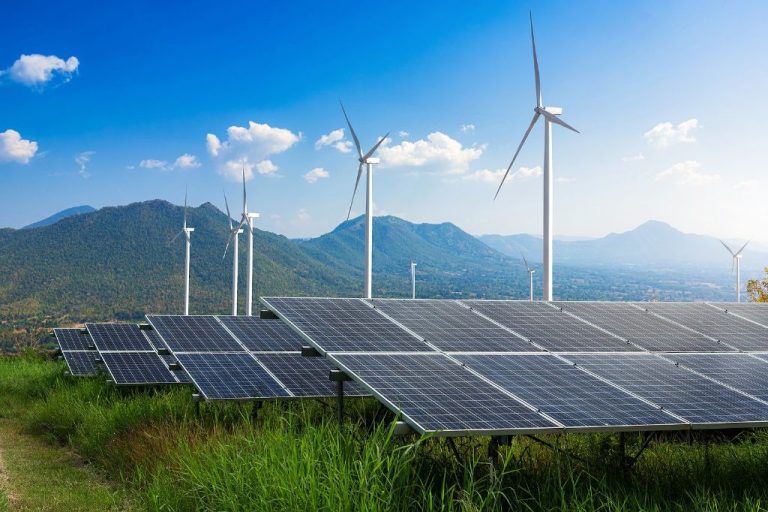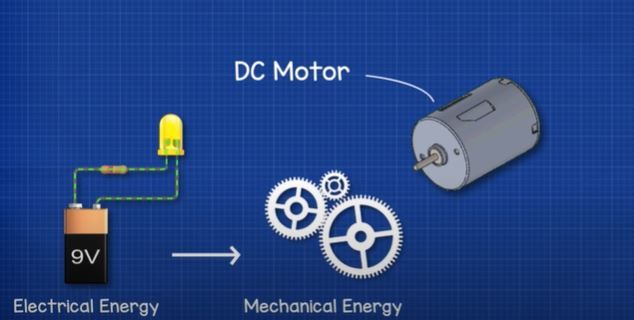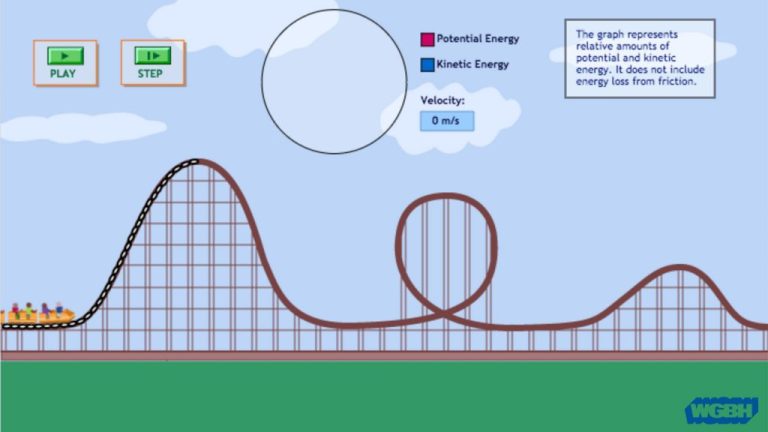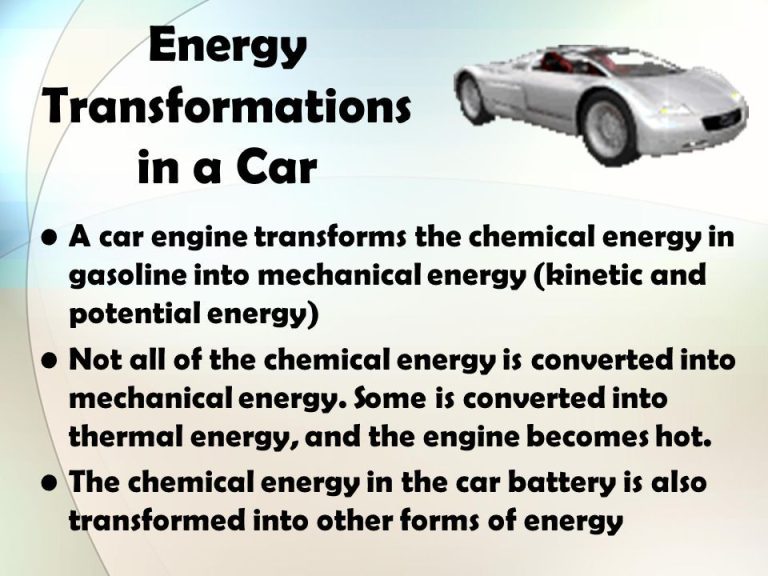How Can We Save Electricity Without Solar Panels?
Electricity usage refers to the amount of electrical energy consumed by homes, businesses, and industry. As populations grow and technologies advance, global electricity demand continues to rise. However, electricity generation often relies on nonrenewable fossil fuels like coal and natural gas, which contribute significantly to climate change, air pollution, and other environmental issues. Conservation of electricity is crucial to reduce electricity bills, avoid building new power plants, and lower greenhouse gas emissions. The goal of this article is to explore practical ways to conserve electricity in homes without installing solar panels, which require high upfront costs. By implementing some of the simple no-cost and low-cost strategies suggested here, households can reduce their electricity usage and make a positive environmental impact.
Lighting
Lighting accounts for about 8.6% of household energy consumption in the U.S., making it a significant opportunity for electricity savings (https://electricitylightrates.com/how-much-electricity-does-lighting-use/). Switching to LED lightbulbs can reduce lighting electricity use by 75% compared to incandescent bulbs. LEDs use only about 10 watts of electricity compared to 60 watts for an incandescent bulb (https://www.apge.com/how-much-electricity-do-devices-use).
Taking advantage of natural daylight is another way to reduce lighting costs. Open blinds and curtains during the day to maximize sunlight. Install skylights or solar tubes to bring natural light into inner rooms. Place mirrors across from windows to reflect and distribute natural light more widely throughout a room.
Also remember to turn off lights when leaving a room. Use motion sensor lights, timers, or smart bulbs to ensure lights get turned off automatically when not needed. Teaching kids to turn off lights instills good habits and spreads energy awareness.
Heating and Cooling
Heating and cooling systems account for a significant portion of home energy use. According to Direct Energy, HVAC systems can use 28-63 kWh per day, making up roughly half of the average home’s energy consumption. However, there are ways to reduce HVAC electricity usage without sacrificing comfort.
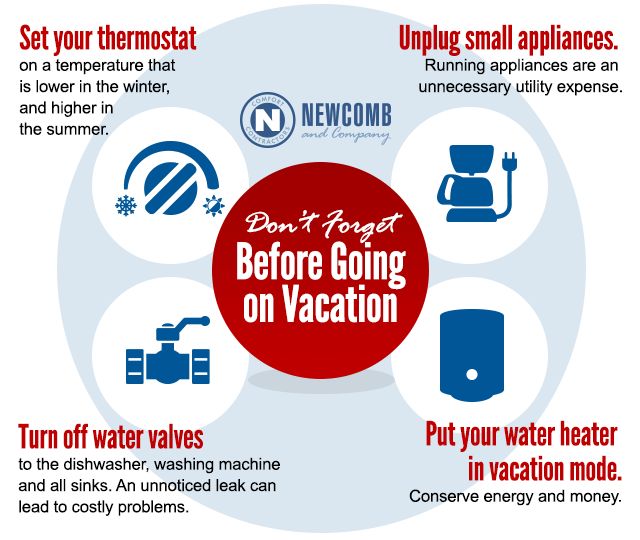
One of the simplest ways is adjusting your thermostat settings. Keeping your home’s temperature around 78°F in the summer and 68°F in the winter can lead to energy savings. Programmable thermostats allow you to set different temperatures for when you are home versus away. Turning off HVAC systems when not at home and at night can also help conserve electricity.
Ensuring your home is properly insulated can reduce the burden on your HVAC system. Adding insulation, sealing air leaks, and investing in energy efficient windows are effective ways to improve insulation. Similarly, regular maintenance and replacing old HVAC systems with Energy Star certified models can increase efficiency.EnergySage estimates that Energy Star air conditioners use 10-50% less energy than standard models.
Appliances
Appliances like refrigerators, dishwashers, and clothes washers account for about 20% of household energy use (1). There are several ways to reduce the electricity usage of appliances without installing solar panels.
One strategy is to purchase ENERGY STAR certified appliances when it’s time to replace old models. ENERGY STAR appliances meet strict energy efficiency guidelines set by the EPA and Department of Energy, so they use 10-50% less energy than standard models (2). For example, an ENERGY STAR refrigerator uses about 40% less energy than conventional models (3).
It’s also important to only run appliances when they are full. Running a half-full dishwasher or washing machine is wasteful. Wait until you have a full load before running these appliances to maximize efficiency.
Turning off the standby power settings on appliances when not in use can also yield savings. Standby power refers to electricity consumed when an appliance is plugged in but not actively running. This accounts for 5-10% of residential energy use (4). Unplugging or turning off standby settings on appliances like TVs, DVD players and coffee makers can help reduce this wasted electricity.
With some simple changes, significant energy and cost savings can be achieved through efficient use of appliances without installing solar panels.
(1) https://www.energy.gov/energysaver/estimating-appliance-and-home-electronic-energy-use
(2) https://www.energystar.gov/products/appliances
(3) https://www.energystar.gov/products/refrigerators
(4) https://www.energy.gov/energysaver/standby-power-home-electronics
Electronics
One of the best ways to reduce phantom loads from electronics is to unplug devices when they are not in use. According to Whe, electronics like TVs, DVD players, cable boxes and game consoles can draw 10-15 watts of power even when turned off. Simply unplugging these devices when not in use can save over 100 kWh per year.
Putting computers into sleep mode when you step away can also dramatically cut phantom loads. According to EnergySage, an idle computer can use between 60-80 watts, whereas sleep mode only uses 3 watts. Enable sleep settings so your computer goes into low-power mode when not active.
When charging devices, unplug the chargers from the wall outlet when not in use. Chargers for laptops, phones and tablets still draw power when left plugged in. Also, avoid charging devices overnight after they are fully charged. Use power strips that can be easily switched off to cut power to a group of electronics.
Laundry
One way to reduce electricity usage for laundry is to only run full loads. According to the “Quarterly Utilities Report” source, running smaller loads uses more electricity per garment. Fill the machine completely before running it.
Additionally, using cold water instead of hot can save electricity. The heating element in a washing machine uses a significant amount of power. According to the 10yearchallenge.com source, switching to cold water can reduce electricity usage for laundry.
Finally, hanging clothes to dry instead of using the dryer saves electricity. Dryers use large amounts of electricity to tumble and heat clothes. Let clothes air dry on a rack or clothesline when possible.
Cooking
Using microwaves and pressure cookers can help reduce electricity usage compared to conventional ovens when cooking food. Microwaves use less energy than conventional ovens because they work by exciting water molecules in the food, generating heat without having to heat up the whole interior of the oven. Pressure cookers are also more energy efficient because they cook food faster by increasing the boiling point of water through pressurization.1
Other tips include using lids on pots when boiling water or cooking food to reduce heat loss, matching pot size to burner size, and turning off the heat shortly before food finishes cooking and allowing residual heat to complete cooking. Using a toaster oven or convection oven is more efficient than a full-sized oven when cooking small items. Grilling outdoors is also an option during nice weather. Batch cooking and freezing for later is another way to maximize efficiency of oven use.2
Water Heating
Water heating accounts for about 18% of home energy use (1). There are several ways to reduce electricity usage for water heating without installing solar panels. The most impactful change is lowering the thermostat temperature on your water heater. For each 10 degree Fahrenheit reduction in temperature, you can save 3-5% on water heating costs (1)(2). Insulating your electric hot water tank is another effective way to maximize efficiency. Adding a water heater blanket can reduce standby heat losses by 25-45% (1)(3). Taking shorter showers and installing low-flow showerheads can also decrease hot water usage (1). Lastly, heat pump water heaters can cut electricity consumption for water heating in half compared to conventional electric water heaters (1)(2).
(1) https://www.energystar.gov/sites/default/files/specs/NEEA%20Comments.pdf
(2) https://apps.dtic.mil/sti/tr/pdf/ADA245609.pdf
(3) https://core.ac.uk/download/pdf/4955288.pdf
Behavioral Changes
One of the easiest ways to reduce electricity usage without solar panels is by making small behavioral and lifestyle changes around your home. Here are some tips:
Turn off lights and unused rooms – Get into the habit of turning off lights when you leave a room. Also, turn off power strips and appliances when not in use to avoid “phantom” energy loss.
Take the stairs – Skip the elevator or escalator and take the stairs whenever you can. This avoids the electricity required to power them.
Combine trips and errands – Plan your trips wisely and combine multiple errands into one trip to avoid excessive driving. This saves gas and reduces your carbon footprint.
Line dry clothes – Hang clothes to air dry instead of using the dryer. This avoids unnecessary electricity usage.
Shorten showers – Take shorter showers to reduce electricity and water heating demands. Install a low-flow showerhead for additional savings.
Making small changes like these in your daily habits can really add up in electricity savings over time!
Conclusion
In summary, there are many ways to save electricity in your home without installing solar panels. Some of the top methods include switching to LED light bulbs, raising your thermostat temperature in the summer and lowering it in the winter, replacing old appliances with ENERGY STAR models, unplugging electronics when not in use, washing clothes in cold water, using lids on pots when cooking, installing a tankless water heater, and making simple behavioral changes like turning off lights when leaving a room.
Taking steps to reduce your electricity usage not only saves money on your utility bills, but also reduces your environmental impact. With climate change and resource scarcity becoming increasingly pressing issues, it’s important for all of us to do our part to conserve energy. The good news is there are many simple and affordable ways to cut your electricity usage significantly without having to install solar panels.
So take a look around your home and identify areas where you can start saving power today. Small changes can make a big difference over time. Together we can build a more sustainable future, one electricity saver at a time.

